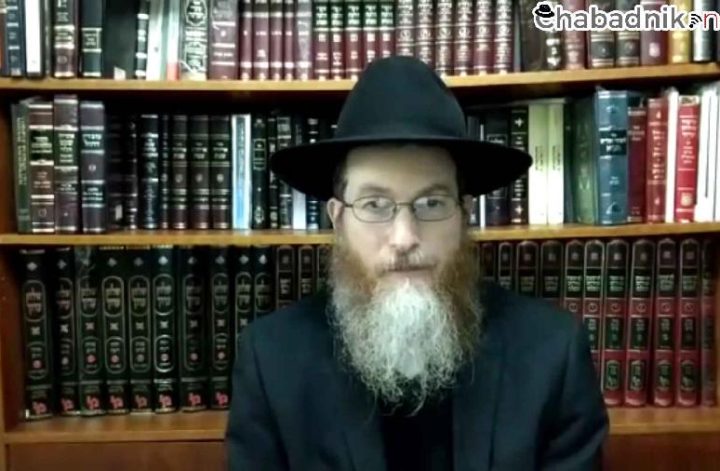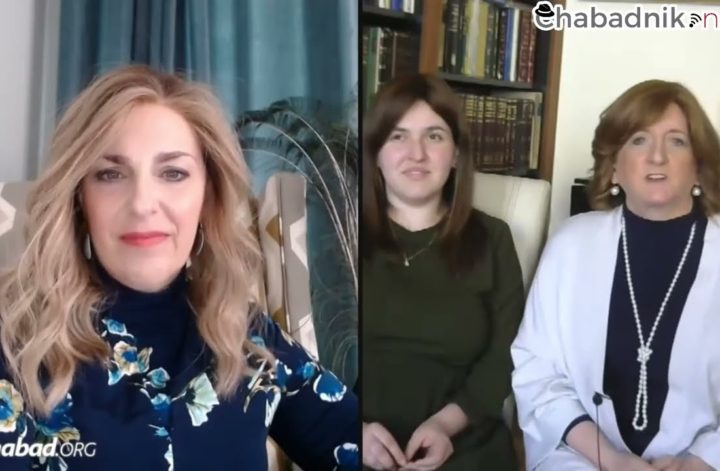Hospital staff stand in for family and clergy
Chest rising and falling, machines beeping, the hospital room is eerily calm. Nurses flitter in and out, staying just as long as they need to before turning their attention to the next patient. They have so much to do and so little time to do it.
The easy chair beside the hospital bed is empty, as are the plastic seats in the hallway. No one is allowed into this citadel of illness—not family members, not well-wishers. Just the patients and the most necessary medical staff.
Just as COVID-19 has reshaped almost every aspect of life, its insidious tentacles have reached deep into death itself.
Jewish tradition provides a regimen of prayers—a medley of Psalms, confession of sins and verses affirming faith in G‑d—to be said in a person’s final moments.
But what if someone is sedated and alone in a hospital room with neither family nor Jewish clergy available to recite the final rites, to ease their departure from this world and arrival to the next?
This problem caused Liza, a nurse in a New York City hospital, to reach out to Chabad.org’s “Ask the Rabbi” team with an urgent request: Could they record the Viduy and other final prayers so that she could play it for Jewish patients during their final moments?
Almost immediately, the team reached out to Rabbi Chayim B. Alevsky, who had previously produced the recordings of the entire Torah, key Jewish prayers and many familiar Jewish songs for Chabad.org.
Despite his crushing workload as a rabbi in Manhattan (where the virus has hit particularly hard) just three days before Passover, he recorded the final prayers in a calm, comforting cadence.
The finished product, less than 10 minutes long, has since been played in hospital rooms all over, and the gut-wrenching messages to Chabad.org were not long in coming from both medical providers and family members.
“It is a lonely, isolating illness,” attests Liza early in the morning before beginning her grueling shift. “That is the most difficult aspect.”
Those most fortunate are able to listen to a loved one read the text from Chabad.org, perhaps sensing on some level the care and emotion invested into the words, even if there is no one there to hold their hand.
“My family is reading the prayers as I type this” came in one message from a man in Boston, whose family was fortunate enough to read the text aloud over the phone themselves. “My wife is losing her father and has to recite these prayers over the phone.”
But for others, the recording is the best that an overextended and predominantly non-Jewish medical staff can provide for their Jewish patients in their final moments.
So the beeping becomes shriller and the final moments draw nearer, the nurse holds her phone aloft and allows the Judaism’s ancient credo to echo into the near-empty sick room, Shema Yisrael … the L‑rd is our G‑d, the L‑rd is One.”
And another soul ascends on High, where it will surely be greeted by the angels created by good deeds performed during a life well-lived.
No longer alone.


